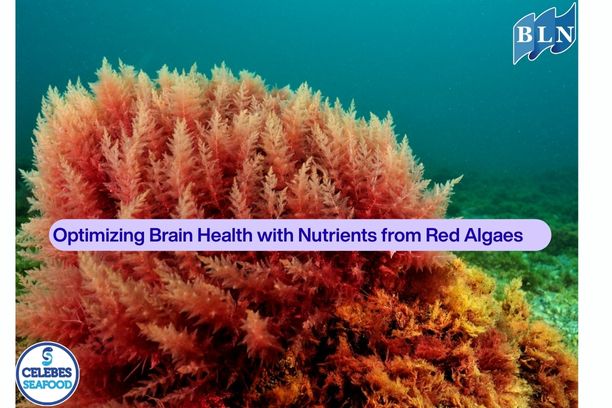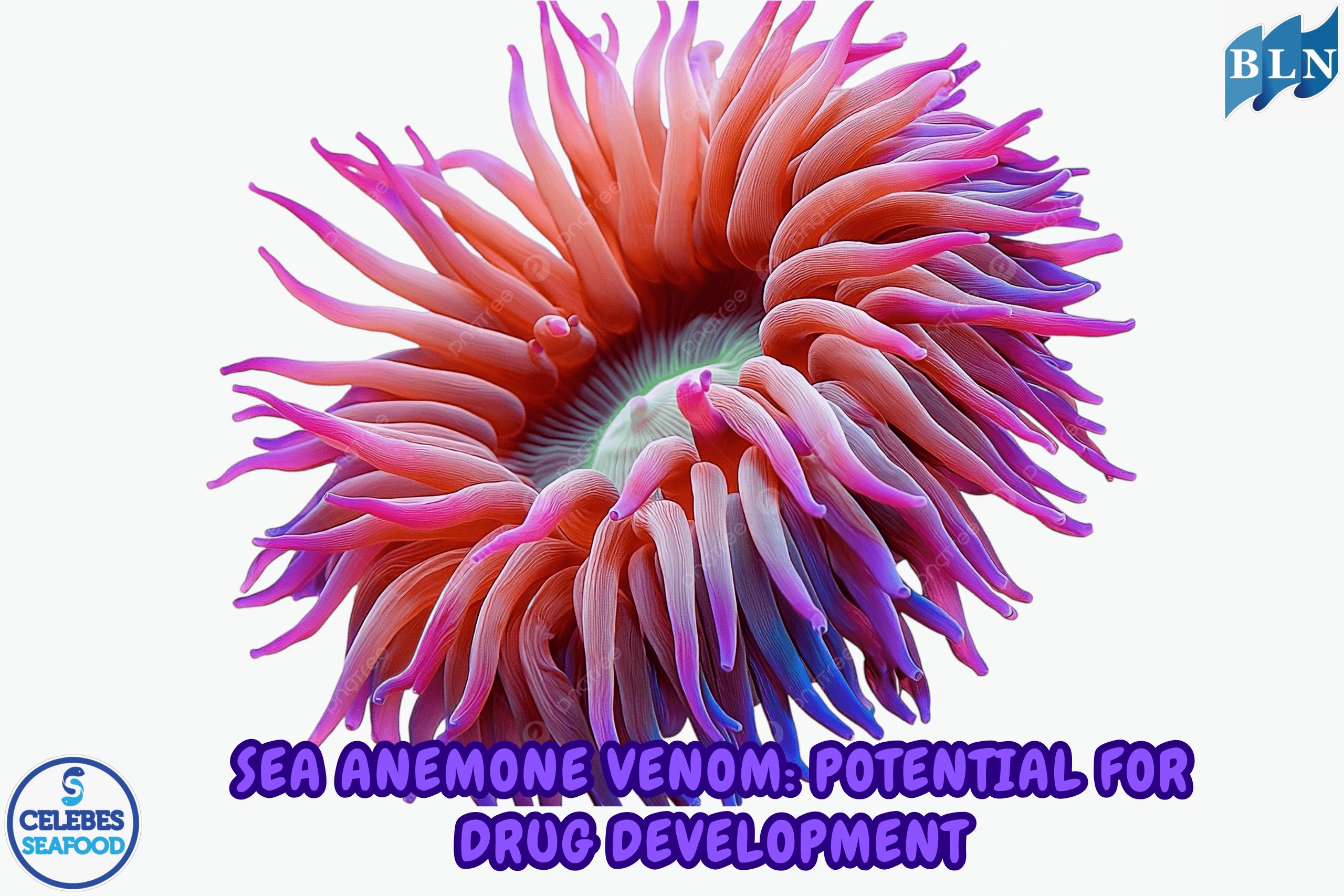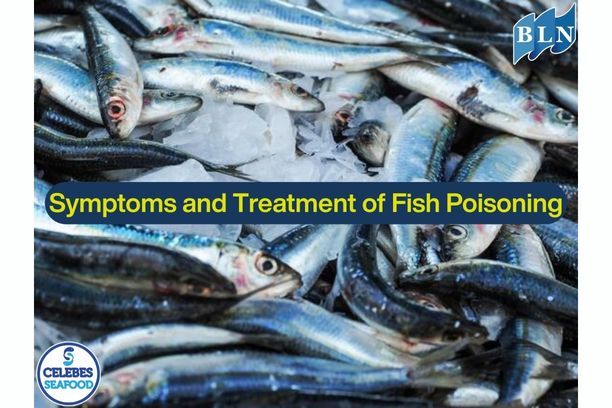Optimizing Brain Health with Nutrients from Red Algae
By. Edi - 03 Sep 2025
lautnusantara.com Brain health is key to maintaining quality of life, and nutrition plays a crucial role. While many people focus on green vegetables and fruits, there's another "superfood" from the ocean that's often overlooked: red algae. This marine plant is rich in essential nutrients that can help optimize brain function and protect against cognitive decline.
A. Important Nutrients in Red Algae
Red algae (Rhodophyta) are an incredible source of nutrients, especially those related to brain health. Some of its key nutrients include:
- Powerful Antioxidants: Red algae contain powerful antioxidants such as astaxanthin and phycobiliproteins. These compounds help fight free radicals that can damage brain cells. Astaxanthin, in particular, is known to penetrate the blood-brain barrier, providing direct protection to nerve cells from oxidative stress.
- Omega-3 Fatty Acids: Although fish is often cited as the primary source of omega-3s, many species of red algae are also rich in these fatty acids, particularly EPA (eicosapentaenoic acid) and DHA (docosahexaenoic acid). DHA is a major structural component of the brain and retina, playing a crucial role in cognitive development and function.
- Vitamins and Minerals: Red algae provide a variety of vitamins and minerals essential for brain function, including vitamin B12, which is essential for nerve health, and iodine, which supports healthy thyroid function, which indirectly impacts brain health.
B. Benefits of Red Algae for Brain Health
Regularly consuming red algae or supplements derived from red algae can provide various benefits for brain health:
- Improved Memory and Cognitive Function: The omega-3 content, particularly DHA, in red algae has been shown to improve memory, focus, and learning ability. This compound helps maintain the flexibility of nerve cell membranes, allowing for more efficient signal transmission.
- Protects Against Neurodegenerative Diseases: Thanks to its antioxidant properties, red algae may help protect the brain from damage associated with diseases like Alzheimer's and Parkinson's. Astaxanthin, for example, has been studied for its potential to reduce neuroinflammation and prevent the buildup of beta-amyloid plaques, a hallmark of Alzheimer's disease.
- Reduces Neuroinflammation: Chronic inflammation is a major risk factor for many brain disorders. The omega-3s and antioxidants in red algae have powerful anti-inflammatory properties, helping to reduce inflammation in the brain and keep nerve cells healthy.
- Maintains Mood and Reduces Depression: Several studies have shown that adequate omega-3 intake can help regulate mood and reduce symptoms of depression. Because red algae is a good source of omega-3s, consuming it can be part of a strategy to support mental health.
C. How to Consume Red Algae
Red algae can be found in a variety of forms, making it easy to incorporate into your daily diet:
- Seaweed: Red algae like nori (used for sushi) is a delicious and simple way to get algae nutrients.
- Supplements: If you're not used to consuming seaweed, astaxanthin supplements or algae oil (which is rich in DHA) are good options. These supplements are often more concentrated and easier to digest.
- Extract or Powder: Red algae powder can be added to smoothies or other foods to boost their nutritional content.
By incorporating red algae into your diet, you not only support brain health but also gain other benefits for your body. Consult a nutritionist or healthcare professional before starting any supplement.
If you are interested in our Coral Trout Fillet Skin On, CORAL TROUT WGG WHOLE GILLED GUTTED please do not hesitate to contact us through email and/or whatsapp.







